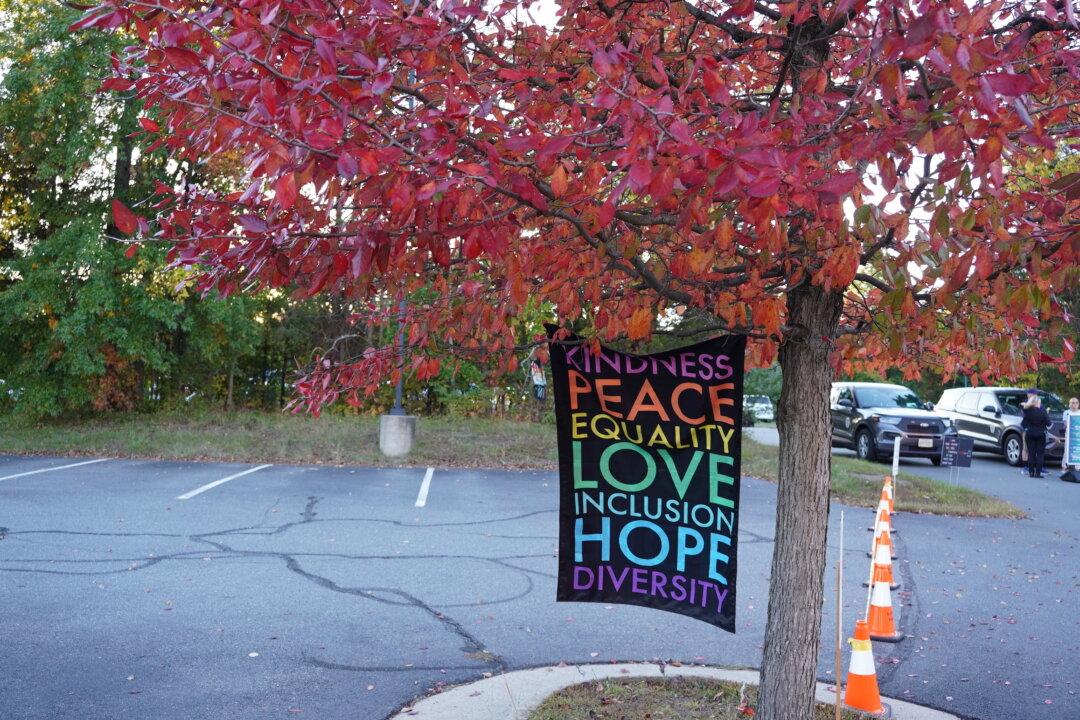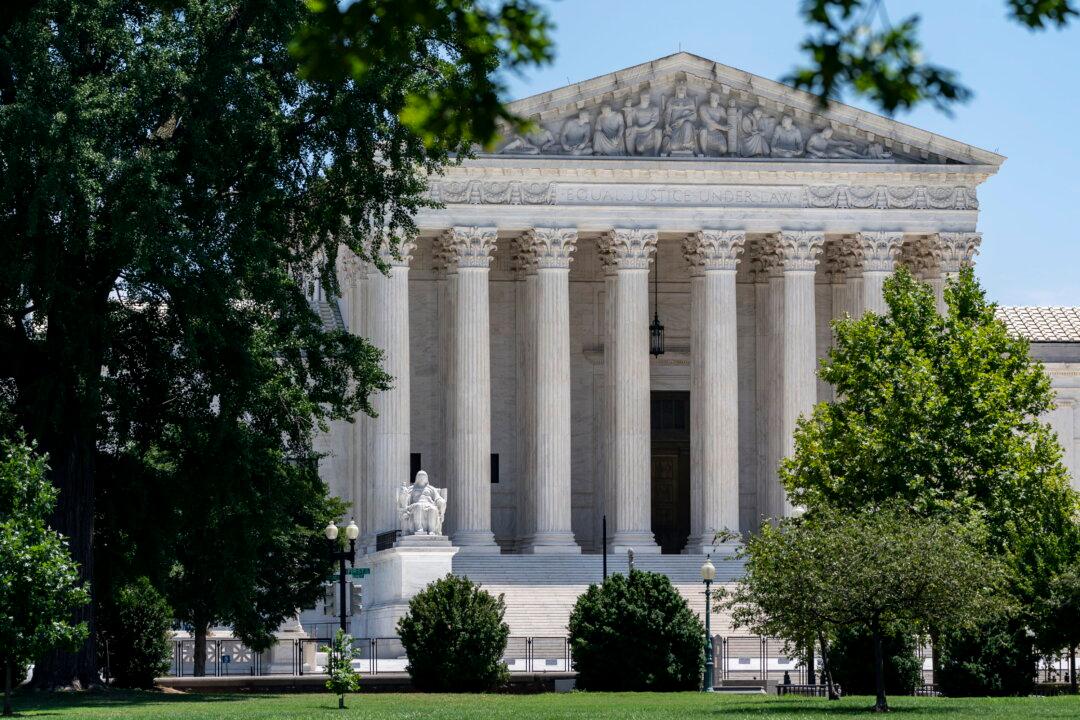Commentary
By now, you might have heard about the Harper’s letter in which 153 well-known, mostly left-leaning writers, artists, and scholars stated their objections to the “forces of illiberalism [that] are gaining strength throughout the world” causing writers with “opposing” or “controversial” views to be shunned, shamed, ostracized, bullied, and fired or forced to resign from their positions.





